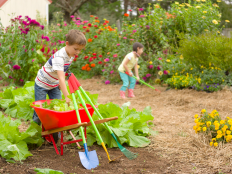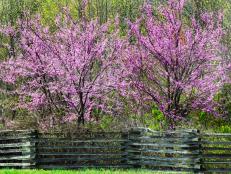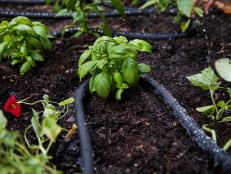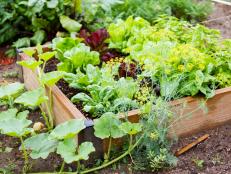Gardening With a Purpose
According to Bonnie Plants, there are 16 million new gardeners in the US so far this year. With so many new gardens being planted, there's plenty that gardeners can offer to help build strong, local communities. During challenging times, people often turn to gardening — an impulse that is not new. In fact, it's deeply rooted in our society. During World War I and II, many Americans turned to victory gardens to help supplement food for their homes. It was also a way to connect a community and presented an opportunity to help others in need. Gardening can allow you to manage anxiety and create a local food source in your own backyard. Whether you're growing a large garden crop or just a few containers of tomatoes, there's plenty you can do to ease some food shortage stress and even help to bring your community together.












